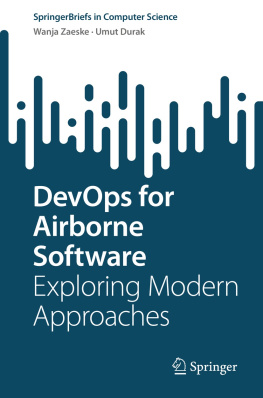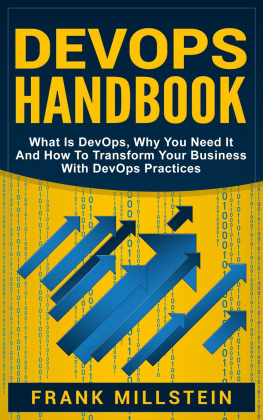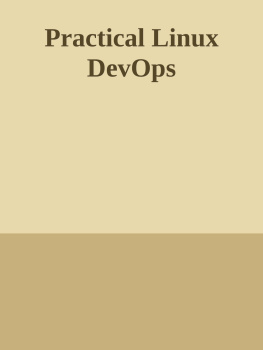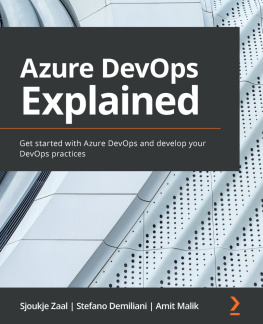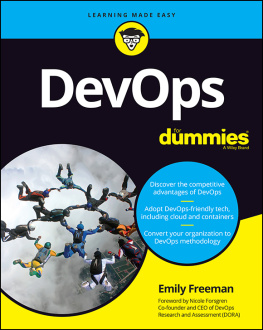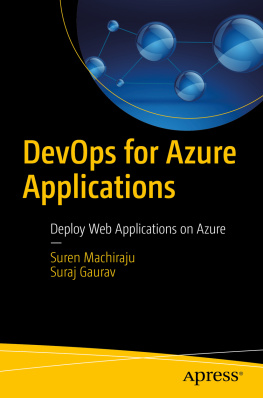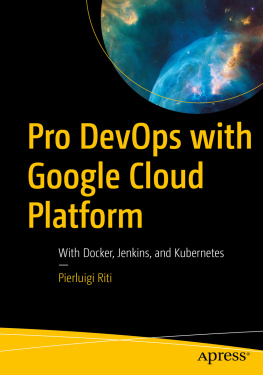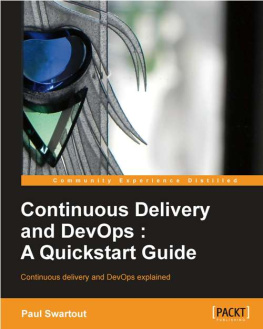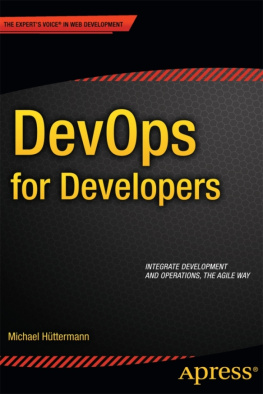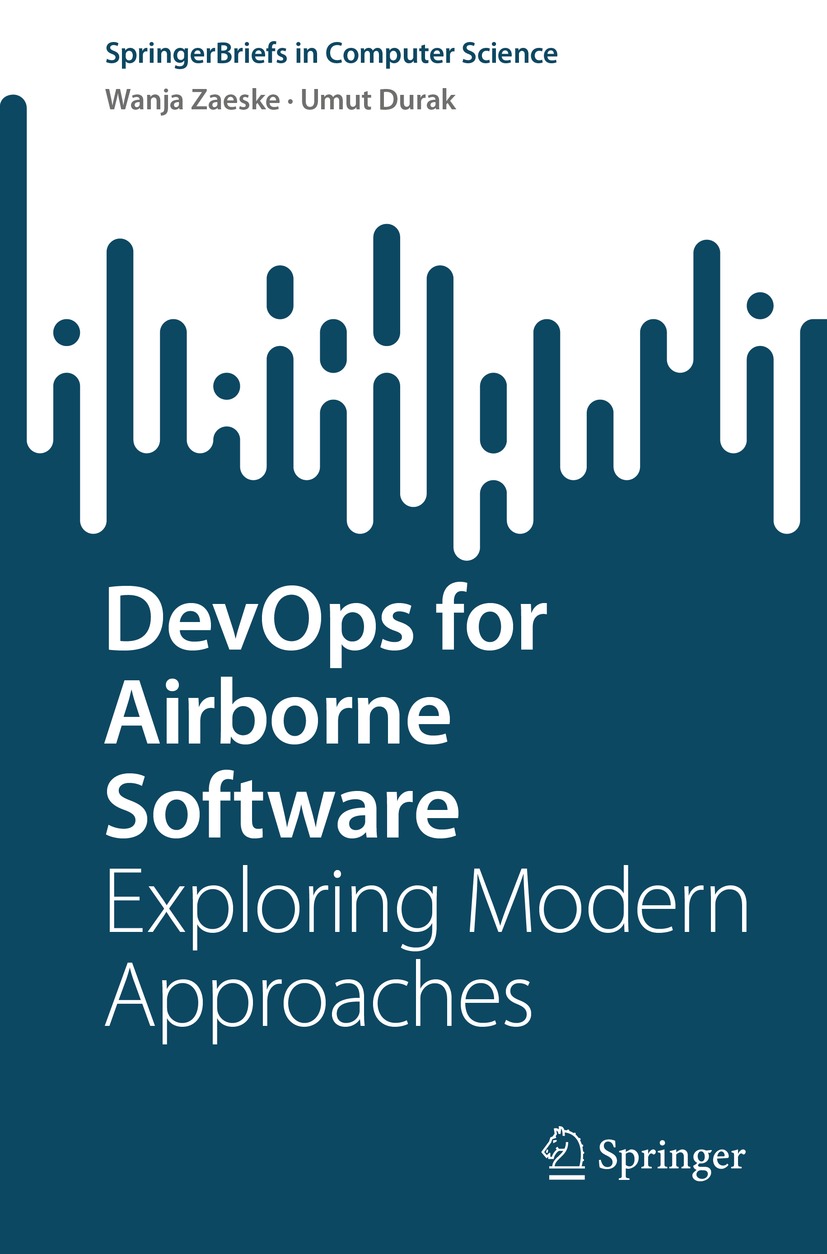Wanja Zaeske - DevOps for Airborne Software: Exploring Modern Approaches (SpringerBriefs in Computer Science)
Here you can read online Wanja Zaeske - DevOps for Airborne Software: Exploring Modern Approaches (SpringerBriefs in Computer Science) full text of the book (entire story) in english for free. Download pdf and epub, get meaning, cover and reviews about this ebook. year: 2022, publisher: Springer, genre: Computer. Description of the work, (preface) as well as reviews are available. Best literature library LitArk.com created for fans of good reading and offers a wide selection of genres:
Romance novel
Science fiction
Adventure
Detective
Science
History
Home and family
Prose
Art
Politics
Computer
Non-fiction
Religion
Business
Children
Humor
Choose a favorite category and find really read worthwhile books. Enjoy immersion in the world of imagination, feel the emotions of the characters or learn something new for yourself, make an fascinating discovery.
- Book:DevOps for Airborne Software: Exploring Modern Approaches (SpringerBriefs in Computer Science)
- Author:
- Publisher:Springer
- Genre:
- Year:2022
- Rating:3 / 5
- Favourites:Add to favourites
- Your mark:
DevOps for Airborne Software: Exploring Modern Approaches (SpringerBriefs in Computer Science): summary, description and annotation
We offer to read an annotation, description, summary or preface (depends on what the author of the book "DevOps for Airborne Software: Exploring Modern Approaches (SpringerBriefs in Computer Science)" wrote himself). If you haven't found the necessary information about the book — write in the comments, we will try to find it.
This Springer Brief presents a selection of tools and techniques which either enable or improve the use of DevOps for airborne software engineering. They are evaluated against the unique challenges of the aviation industry such as safety and airworthiness, and exercised using a demonstrator in order to gather first experience.
The book is structured as follows: after a short introduction to the main topics of the work in chapter 1, chapter 2 provides more information on the tools, techniques, software and standards required to implement the subsequently presented ideas. In particular, the development practice BDD, the relation between DevOps, CI & CD and both the Rust & the Nix programming language are introduced. In chapter 3 the authors explain and justify their ideas towards advancing the state of the art, mapping the aforementioned tools and techniques to the DevOps Cycle while considering aspects of Do-178C. Next, in chapter 4 the experiences gathered while implementing a demonstrator using the tools and techniques are described. Eventually, chapter 5 briefly summarizes the findings and presents a compilation of open points and missing pieces which are yet to be resolved.
The book targets three different reader groups. The first one are development managers from the aerospace industry who need to see examples and experience reports for the application of DevOps for airborne software. The second group are investigators in the safety-critical embedded systems domain who look for benchmarks at various application domains. And the third group are lecturers who offer graduate level software engineering courses for safety-critical software engineering.
Wanja Zaeske: author's other books
Who wrote DevOps for Airborne Software: Exploring Modern Approaches (SpringerBriefs in Computer Science)? Find out the surname, the name of the author of the book and a list of all author's works by series.

